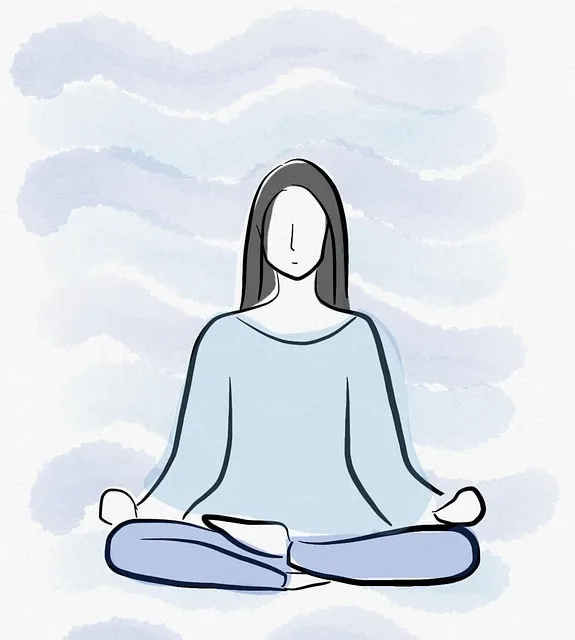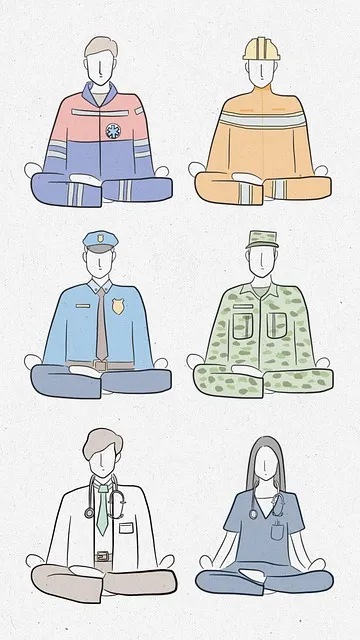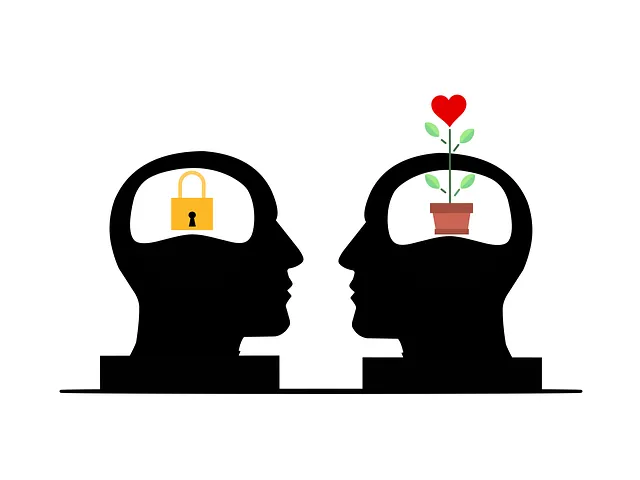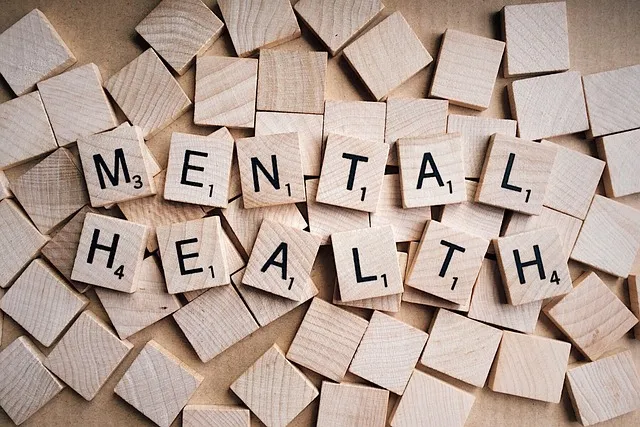At Littleton Kaiser Permanente Mental Health, understanding mood regulation is key to achieving emotional balance. This comprehensive guide explores various strategies to help manage and stabilize moods, focusing on cognitive techniques, mindfulness, and lifestyle interventions. Discover how reframing thoughts, practicing meditation, engaging in physical activity, adopting a balanced diet, and prioritizing sleep can collectively enhance resilience and overall well-being. Dive into these evidence-based approaches for a holistic approach to mood regulation.
- Understanding Mood Regulation: Unraveling Emotional Balance at Littleton Kaiser Permanente Mental Health
- Cognitive Techniques: Strategies for Reframing Thoughts and Enhancing Resilience
- Mindfulness and Meditation Practices: Finding Calm in the Midst of Chaos
- Lifestyle Interventions: The Role of Physical Activity, Diet, and Sleep in Mood Stabilization
Understanding Mood Regulation: Unraveling Emotional Balance at Littleton Kaiser Permanente Mental Health

At Littleton Kaiser Permanente Mental Health, understanding mood regulation is a cornerstone of their approach to mental wellness. They recognize that emotional balance is intricately linked to overall health and well-being. By unraveling the complexities of mood dynamics, their experts can equip individuals with effective strategies for managing emotions, particularly during stressful situations.
This holistic perspective on Emotional Regulation involves exploring various facets, from identifying triggers to implementing coping mechanisms. With a focus on evidence-based practices, they guide patients in navigating their emotional landscapes, fostering a deeper sense of control and resilience. By integrating these strategies into daily life, individuals can enhance their ability to manage stress, leading to improved mental wellness and overall quality of life.
Cognitive Techniques: Strategies for Reframing Thoughts and Enhancing Resilience

Cognitive Techniques offer powerful tools for individuals seeking to manage and regulate their moods effectively. One key strategy is reframing thoughts, where individuals learn to challenge negative or distorted thinking patterns. By recognizing and modifying these thought processes, people can change their emotional responses. For instance, instead of dwelling on failures, reframing might involve focusing on lessons learned and personal growth opportunities. This technique empowers individuals to gain a more positive perspective, fostering resilience in the face of challenges.
The Littleton Kaiser Permanente mental health team promotes this approach through various programs, including Mental Health Education Programs Design tailored to enhance self-awareness and coping skills. Encouraging clients to explore their thoughts and emotions openly creates a safe space for them to develop healthier cognitive habits. Moreover, Self-Awareness Exercises play a crucial role in this process, enabling individuals to recognize triggers and patterns that influence their moods, ultimately leading to better emotional regulation.
Mindfulness and Meditation Practices: Finding Calm in the Midst of Chaos

In today’s fast-paced world, mindfulness and meditation practices offer a powerful tool for navigating chaos and regulating mood. Techniques like those promoted by Littleton Kaiser Permanente mental health professionals encourage individuals to focus on the present moment, cultivating awareness of both their thoughts and emotions without judgment. By integrating these practices into daily routines, folks can foster emotional regulation and build resilience in the face of life’s challenges.
Mindfulness meditation involves observing one’s feelings, sensations, and surrounding environment with a non-reactive mindset. This simple yet profound act enables individuals to break free from negative thought patterns and reduce stress levels. In addition, communication strategies learned through mindfulness can enhance self-expression, leading to healthier relationships and better emotional management. Through consistent practice, these techniques empower folks to embrace life’s ups and downs with greater balance and composure.
Lifestyle Interventions: The Role of Physical Activity, Diet, and Sleep in Mood Stabilization

Lifestyle interventions play a pivotal role in mood stabilization and are often recommended by mental health professionals like those at Littleton Kaiser Permanente. Physical activity, diet, and sleep are key components that significantly influence an individual’s emotional well-being. Regular exercise has been shown to release endorphins, which can boost mood and reduce symptoms of depression and anxiety. Incorporating a balanced diet rich in essential nutrients supports brain function and overall mental stability. Adequate sleep is crucial for regulating hormones related to stress and emotion, ensuring that the mind and body are rested and prepared for the day’s challenges.
In addition to these lifestyle practices, Mental Wellness Coaching Programs Development, and Stress Management Workshops Organization can provide valuable guidance. Engaging in regular journaling exercises as a mental wellness practice has also been found effective in processing emotions, tracking moods, and identifying triggers. These simple yet powerful strategies empower individuals to take an active role in their mental health, complementing traditional treatments and fostering long-term stability and improved quality of life.
Mood regulation is a multifaceted process that can significantly enhance overall well-being. By combining cognitive techniques, mindfulness practices, and lifestyle interventions, individuals at Littleton Kaiser Permanente Mental Health can achieve emotional balance and resilience. Incorporating strategies like reframing thoughts, regular meditation, physical activity, balanced diets, and adequate sleep can help stabilize moods and improve mental health outcomes. Understanding these various methods empowers individuals to take an active role in their emotional well-being, fostering a healthier and more fulfilling life.

